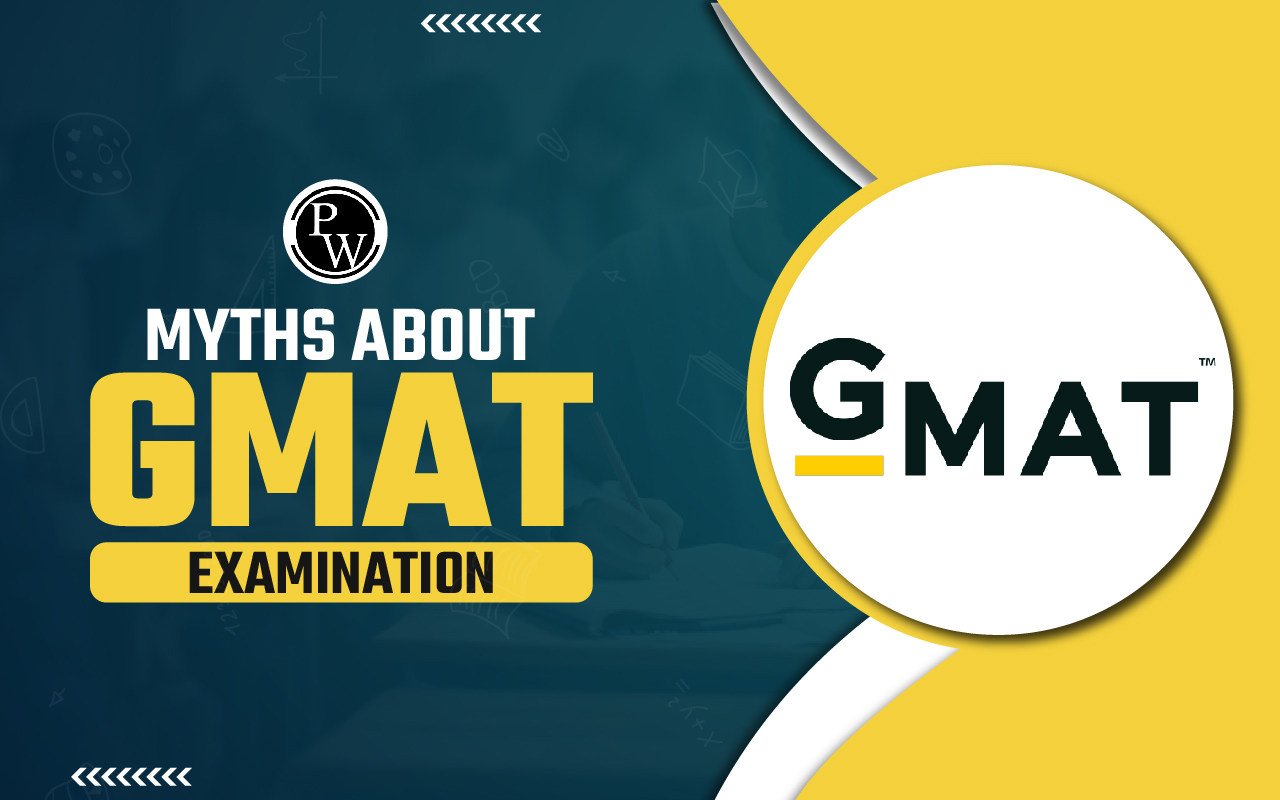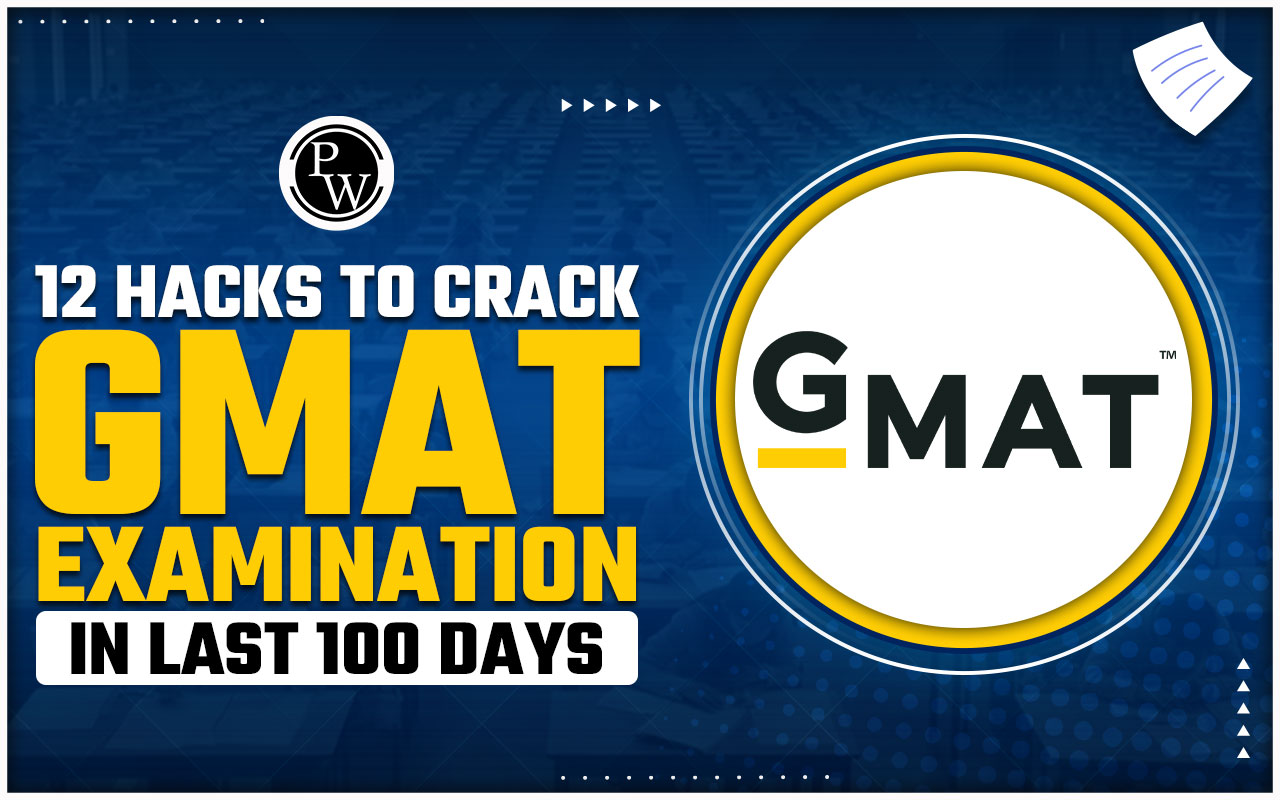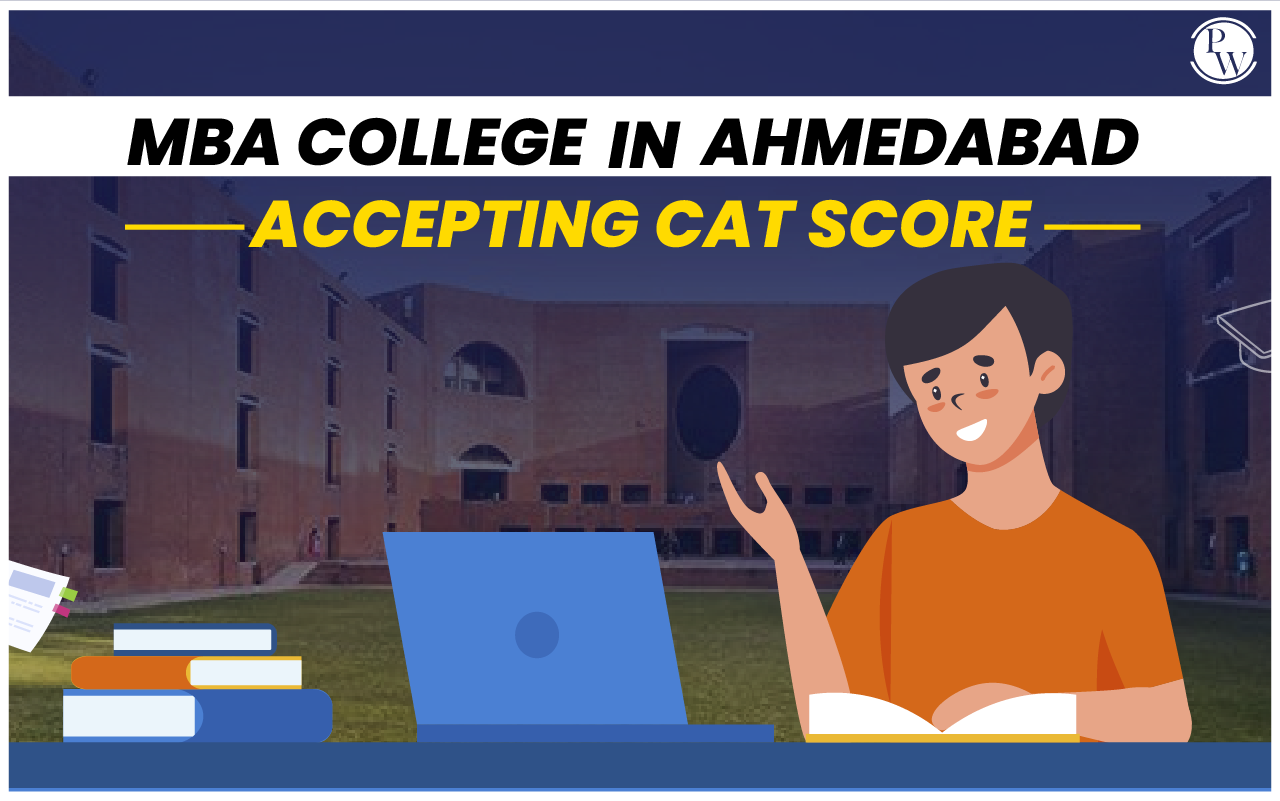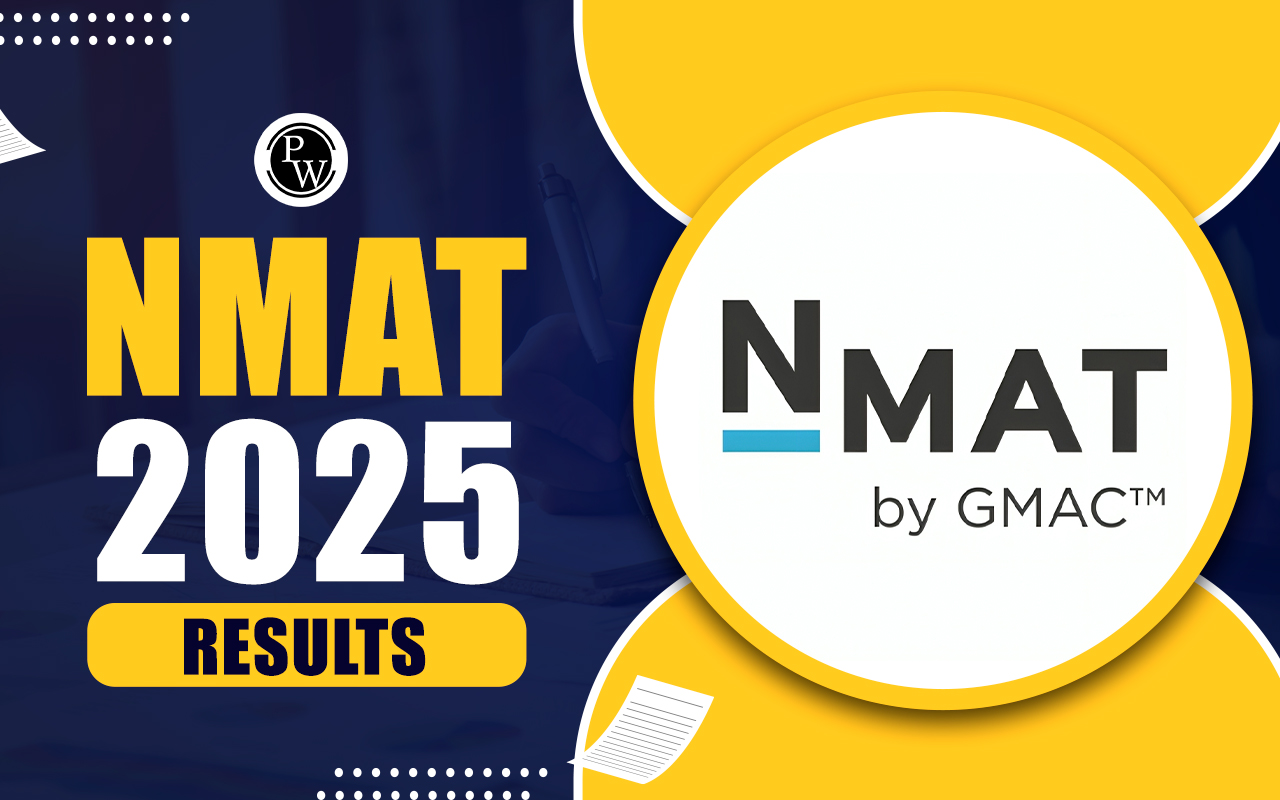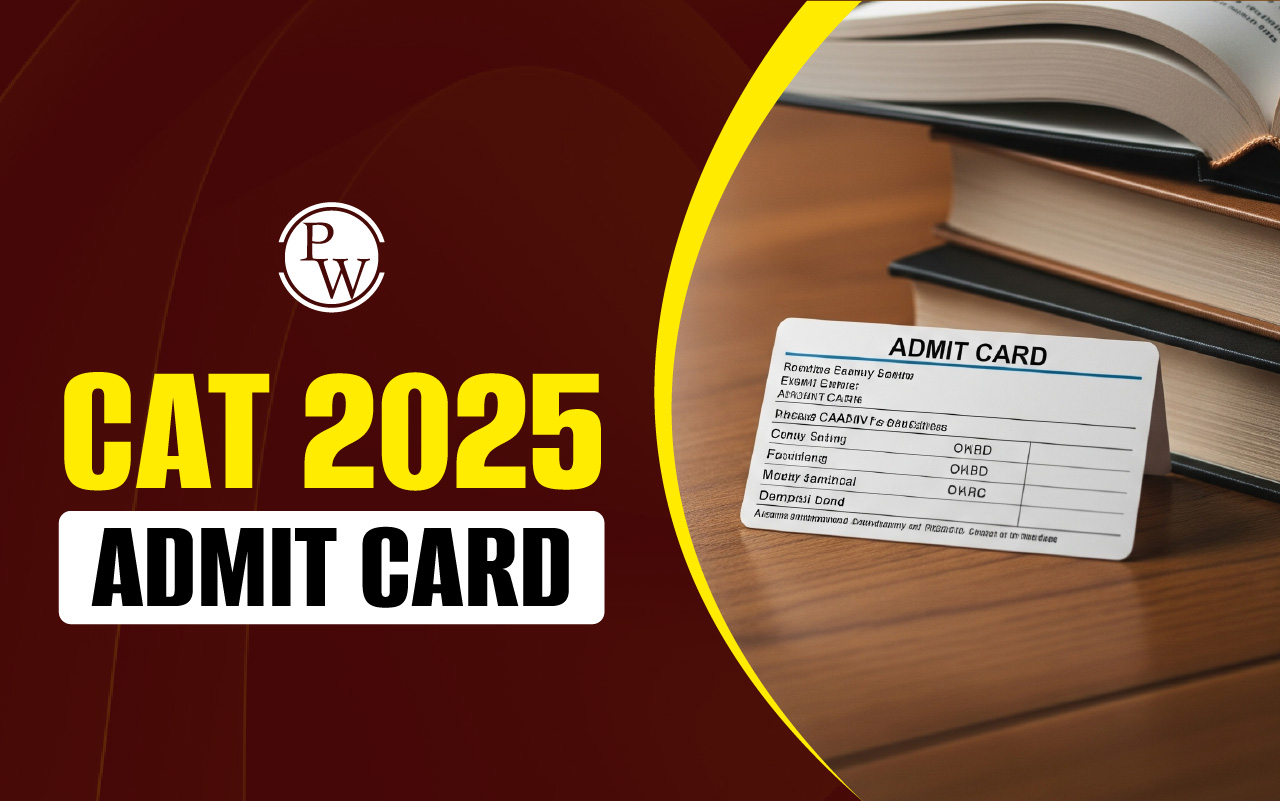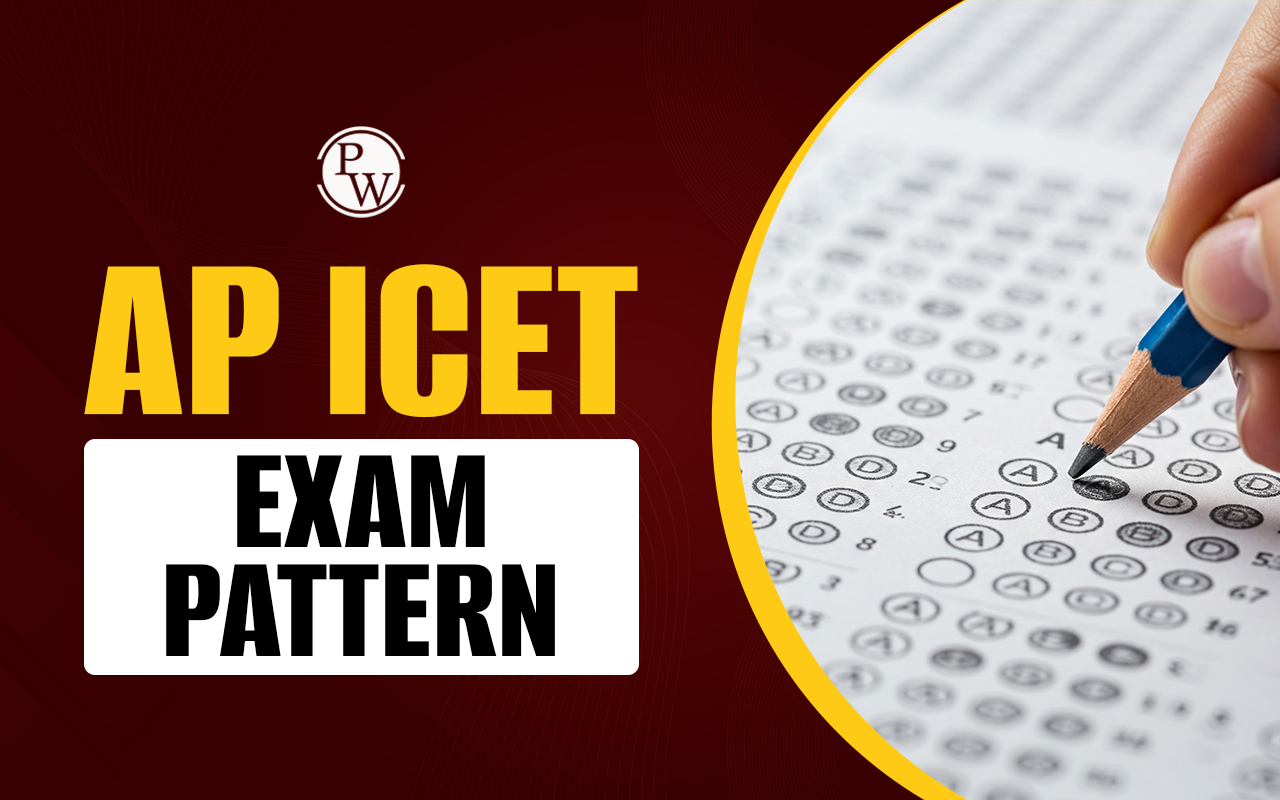

Difference between CAT and GMAT syllabus: Knowing the differences between the CAT and GMAT is important for MBA hopefuls to choose the right exam for their goals. Both tests are used to get into top business schools, but they are for different audiences and have different formats.
The CAT is mainly for Indian schools, while the GMAT is accepted worldwide. In 2024, their syllabi show clear differences: the GMAT has sections like Analytical Writing and Integrated Reasoning, which the CAT does not have. The CAT focuses more on Data Interpretation and Logical Reasoning.Understanding the Differences Between CAT and GMAT Syllabus
The GMAT (Graduate Management Admission Test) and the CAT (Common Admission Test) are two well-known exams for getting into business schools. Both are used to evaluate candidates for MBA programs, but they have different syllabi and formats.What is CAT?
The CAT is a national-level entrance exam conducted in India, primarily for admission to the Indian Institutes of Management (IIMs) and other top business schools. The exam evaluates candidates on their quantitative ability, verbal ability, and logical reasoning skills. The CAT is a non-adaptive test, meaning that all candidates face the same set of questions regardless of their performance.What is GMAT?
The GMAT, on the other hand, is a globally recognized exam administered by the Graduate Management Admission Council (GMAC). It is widely accepted by business schools around the world, including many in India. The GMAT is a computer-adaptive test, which means that the difficulty of the questions adjusts based on the test-taker's performance. This feature is designed to provide a more personalized assessment of a candidate's abilities.Key Differences in CAT and GMAT Syllabus
The syllabi of CAT and GMAT share some similarities, but they also exhibit significant differences in structure and content. Below is a detailed comparison of the two.CAT and GMAT: Test Structure
Understanding these differences is key for candidates to prepare effectively. Whether aiming for a top Indian school or a global business school, knowing what each exam involves helps candidates make better choices and improve their chances of success in their MBA goals.| CAT and GMAT: Test Structure | ||
| Feature | CAT | GMAT |
| Administering Body | Indian Institutes of Management | Graduate Management Admission Council |
| Exam Duration | 2 hours | 2 hours 15 minutes |
| Number of Sections | 3 | 3 |
| Total Questions | 66 | 64 |
| Scoring Range | 0-300 | 205-805 |
| Validity | 1 year | 5 years |
| Frequency | Once a year | Multiple times a year |
| Adaptiveness | Non-adaptive | Computer-adaptive |
| Negative Marking | Yes (-1 for incorrect answers) | No, but penalties for certain questions apply |
CAT and GMAT: Syllabus Breakdown
The CAT emphasizes a broader range of topics, particularly in quantitative aptitude, while the GMAT focuses on analytical skills and critical reasoning.1. Verbal Ability and Reading Comprehension
The verbal sections of both exams assess reading comprehension, grammar, and critical reasoning, but the specific topics and question types differ. CAT Verbal Syllabus:- Reading Comprehension
- Verbal Ability (Grammar, Sentence Correction)
- Para Completion
- Para Jumbles
- Logical Reasoning
- Reading Comprehension
- Critical Reasoning
- Sentence Correction (removed in the GMAT Focus Edition)
- Analysis of Arguments
2. Quantitative Aptitude
The quantitative sections of both tests evaluate mathematical skills, but they differ in complexity and content. CAT Quantitative Syllabus:- Arithmetic
- Algebra
- Geometry
- Number Systems
- Data Interpretation
- Logical Reasoning
- Problem Solving
- Data Sufficiency
- Algebra
- Arithmetic
- Basic Geometry (not as extensive as CAT)
3. Data Interpretation and Logical Reasoning
Both exams include sections that test data interpretation and logical reasoning, but their formats and focus vary. CAT Data Interpretation and Logical Reasoning:- Data Interpretation (tables, graphs, charts)
- Logical Reasoning (seating arrangements, puzzles)
- Data Interpretation (charts, tables)
- Critical Thinking based on data
CAT and GMAT: Preparation Strategies
While the CAT and GMAT serve similar purposes in assessing candidates for business school admissions, they differ significantly in their syllabi and testing formats.Choosing Between CAT and GMAT
When deciding which exam to take, candidates should consider their career goals, preferred study locations, and the schools they wish to apply to.- CAT : Ideal for candidates targeting Indian business schools, especially the IIMs. It is also more suitable for those who prefer a single, comprehensive preparation period since it is conducted once a year.
- GMAT : Better suited for candidates aiming for international business schools or those who may want to retake the exam multiple times within a year. The flexibility of the GMAT allows for a more personalized preparation schedule.
Study Resources
Both exams require dedicated preparation, but the resources available differ.- For CAT : Candidates often rely on coaching institutes, online resources, and previous years' question papers due to the less defined syllabus.
- For GMAT : The well-defined syllabus allows candidates to use official GMAT study materials, online courses, and practice tests to focus their preparation.
Differences Between CAT and GMAT Syllabus FAQs
What are the main differences in the syllabus for CAT and GMAT?
The CAT focuses more on Data Interpretation and Logical Reasoning, while the GMAT includes Analytical Writing and Integrated Reasoning. The CAT also has a heavier emphasis on grammar and quantitative topics, whereas the GMAT emphasizes critical reasoning and data sufficiency.
How do the question formats differ between CAT and GMAT?
The CAT has questions that cover a broad range of topics and includes negative marking for wrong answers. The GMAT is computer-adaptive, meaning the difficulty of questions adjusts based on your answers, and it does not have negative marking.
What are the main sections in each exam?
Both exams have three main sections. For the CAT, these are Verbal Ability, Quantitative Aptitude, and Data Interpretation & Logical Reasoning. The GMAT includes Analytical Writing, Integrated Reasoning, and Quantitative and Verbal sections.
How long are the CAT and GMAT exams?
The CAT is 2 hours long, while the GMAT takes 2 hours and 15 minutes.
How often can you take the CAT and GMAT?
The CAT is held once a year, while the GMAT can be taken multiple times throughout the year.
Talk to a counsellorHave doubts? Our support team will be happy to assist you!

Check out these Related Articles
Free Learning Resources
PW Books
Notes (Class 10-12)
PW Study Materials
Notes (Class 6-9)
Ncert Solutions
Govt Exams
Class 6th to 12th Online Courses
Govt Job Exams Courses
UPSC Coaching
Defence Exam Coaching
Gate Exam Coaching
Other Exams
Know about Physics Wallah
Physics Wallah is an Indian edtech platform that provides accessible & comprehensive learning experiences to students from Class 6th to postgraduate level. We also provide extensive NCERT solutions, sample paper, NEET, JEE Mains, BITSAT previous year papers & more such resources to students. Physics Wallah also caters to over 3.5 million registered students and over 78 lakh+ Youtube subscribers with 4.8 rating on its app.
We Stand Out because
We provide students with intensive courses with India’s qualified & experienced faculties & mentors. PW strives to make the learning experience comprehensive and accessible for students of all sections of society. We believe in empowering every single student who couldn't dream of a good career in engineering and medical field earlier.
Our Key Focus Areas
Physics Wallah's main focus is to make the learning experience as economical as possible for all students. With our affordable courses like Lakshya, Udaan and Arjuna and many others, we have been able to provide a platform for lakhs of aspirants. From providing Chemistry, Maths, Physics formula to giving e-books of eminent authors like RD Sharma, RS Aggarwal and Lakhmir Singh, PW focuses on every single student's need for preparation.
What Makes Us Different
Physics Wallah strives to develop a comprehensive pedagogical structure for students, where they get a state-of-the-art learning experience with study material and resources. Apart from catering students preparing for JEE Mains and NEET, PW also provides study material for each state board like Uttar Pradesh, Bihar, and others
Copyright © 2025 Physicswallah Limited All rights reserved.
Get App
